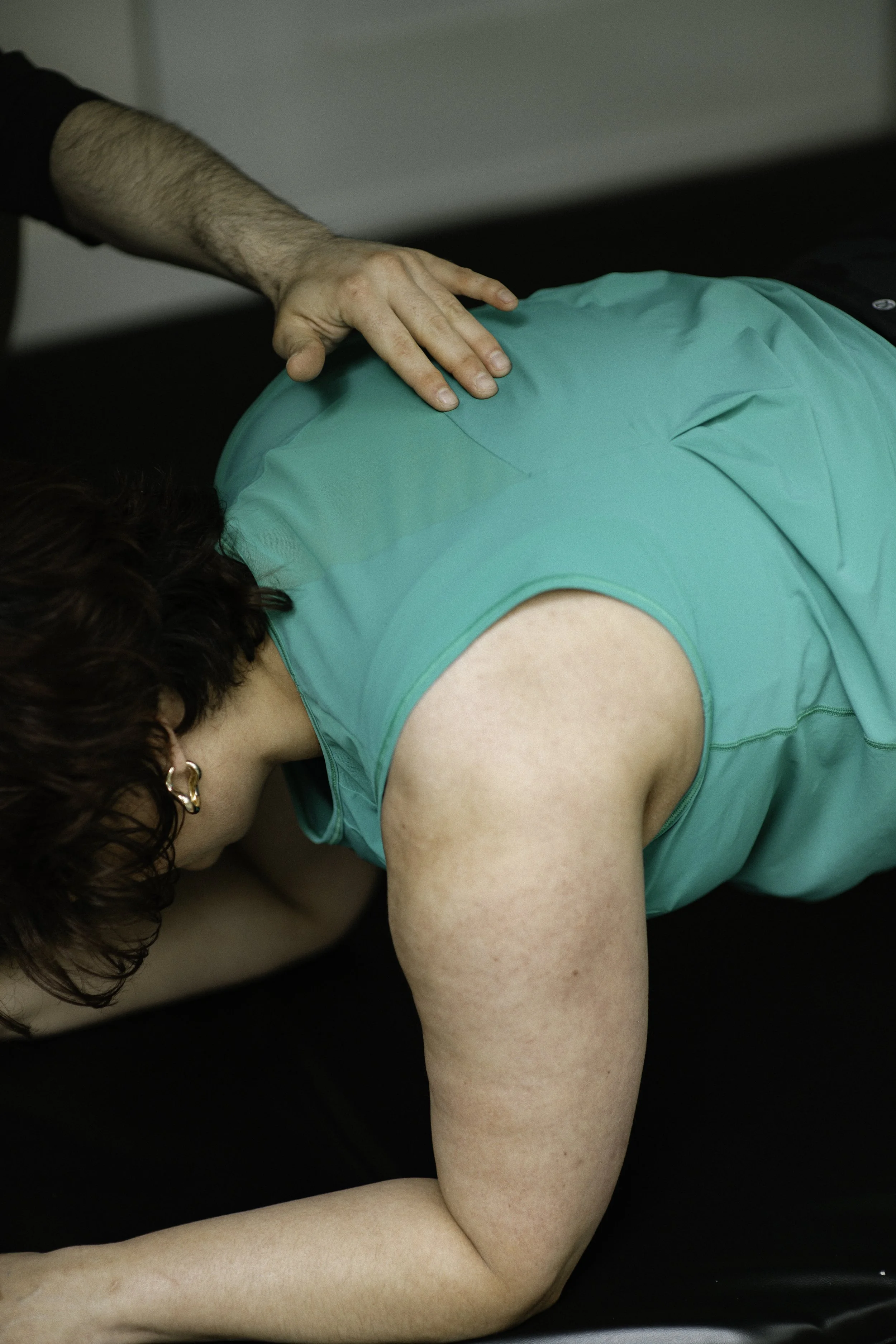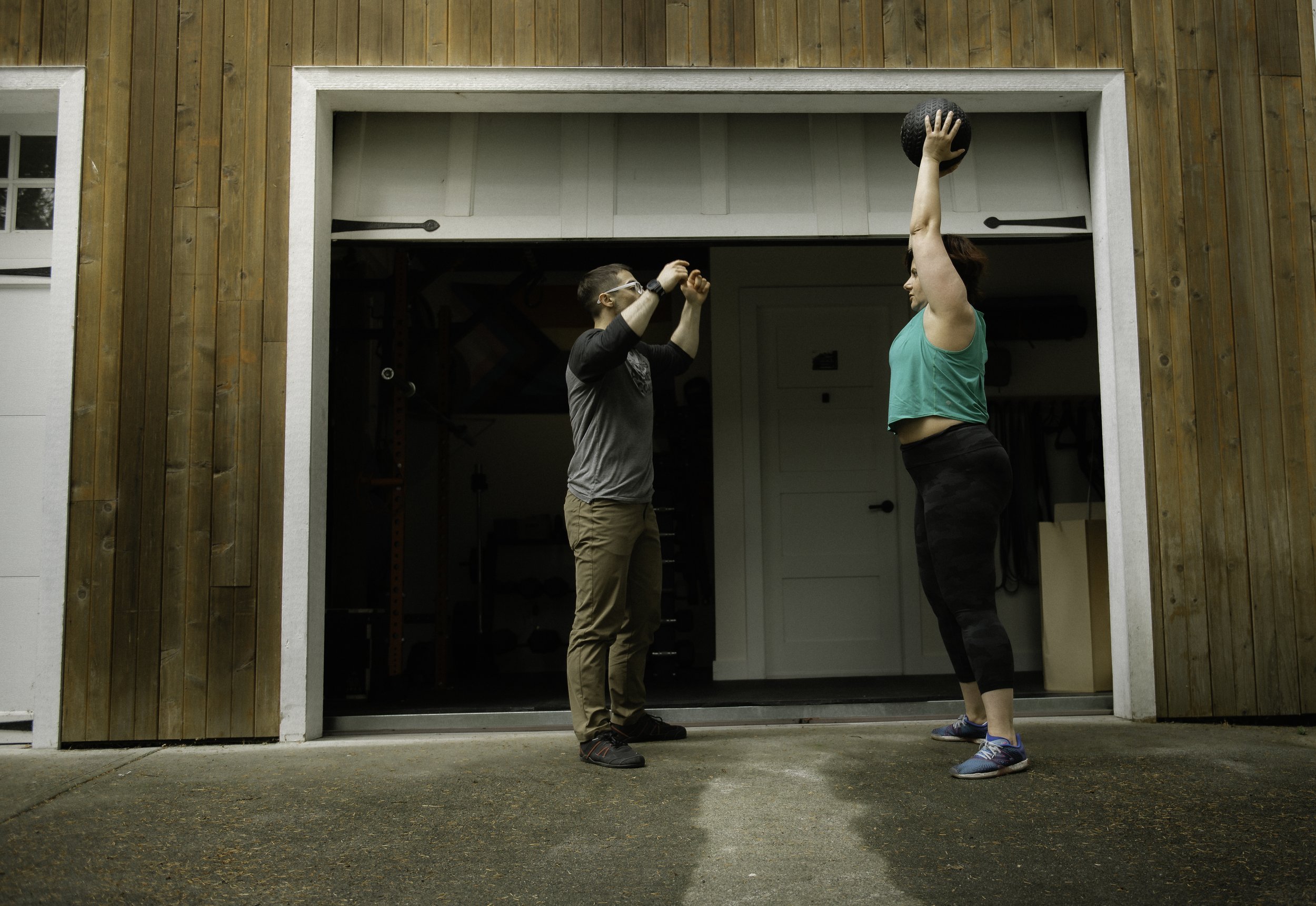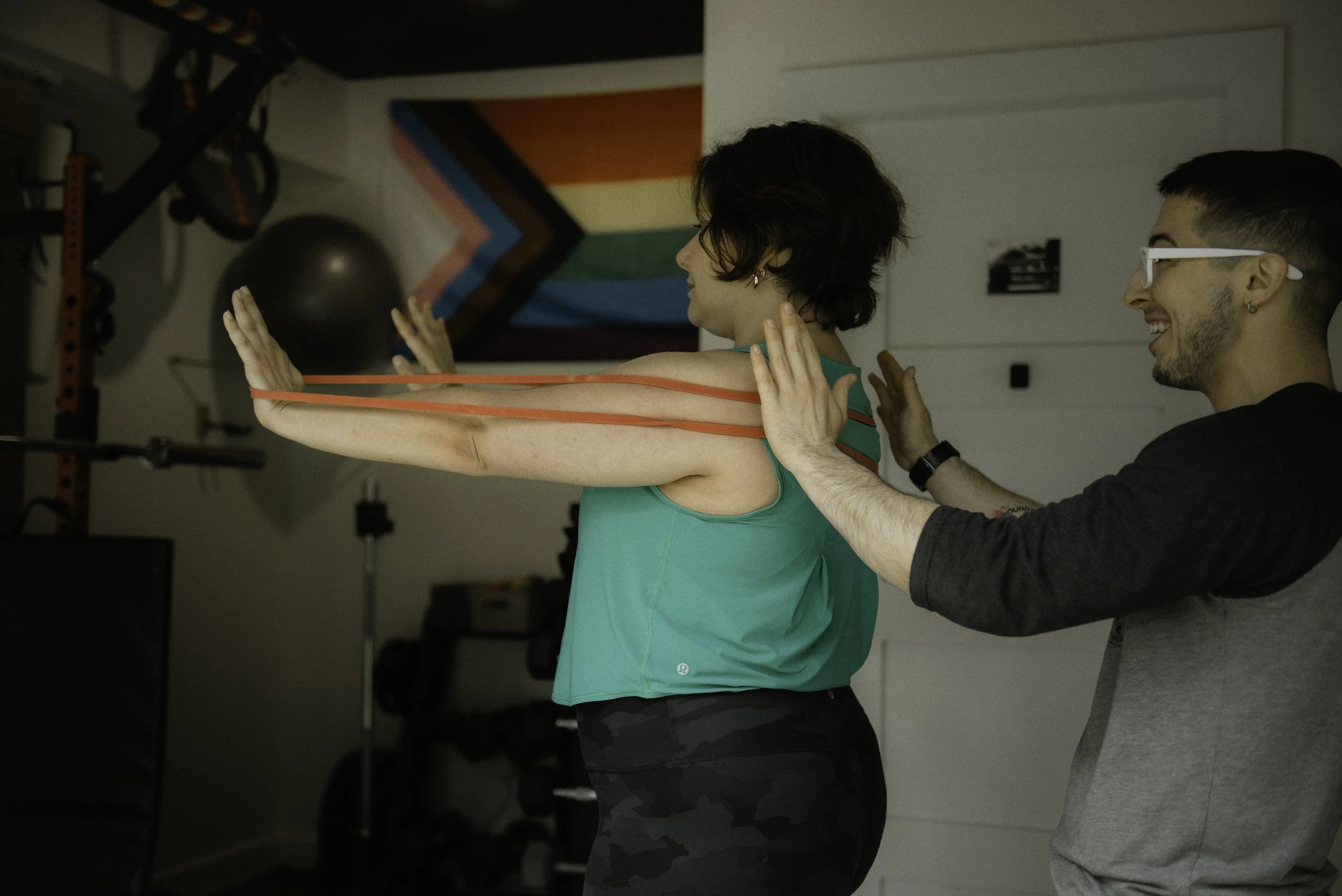FAQ
-
What makes online personal training different from in-person coaching, and is it as effective?
Online coaching gives you a customized plan you can follow from anywhere (home, gym, travel). You get workouts, video demos, feedback & accountability via digital tools.
It’s often more flexible & cheaper than in-person sessions.
Effectiveness depends on consistency, clear communication, and having tailored plans that evolve as you improve.
For folks with limited access, mobility challenges, or special needs (e.g. injury recovery, disabilities), online training can be especially helpful when done safely & thoughtfully.
-
At what age should a senior start a fitness program, and is it ever “too late” to begin?
It’s never too late! Fitness benefits (mobility, strength, balance, mental health) happen at any age.
Seniors should get medical clearance first, especially if there are pre-existing conditions.
Start gently: low-impact cardio (walking, light cycling), mobility & balance work, strength training with light weights/resistance bands.
Progress gradually & aim for consistency over intensity. Soon you’ll be lifting more than your body weight!
-
How do you safely return to exercise after top surgery, and when can I expect to lift weights again?
First, follow your surgeon’s post-op instructions — healing is individual. Light activity (e.g. walking) usually begins immediately, but heavy work is delayed for a few weeks.
Limit chest/arm movement overhead early on to avoid stressing incisions. By about 5-6 weeks many folks can start more moderate strength training, still being careful. Full chest-targeted work may wait until 8+ weeks or longer if needed. -
Can online trainers like you help with goals beyond weight loss, like mobility, mental health, or recovery from surgery?
Yes. A good trainer (especially someone with lived experience or specialization) can build programs that prioritize mobility, mental health, recovery, posture, and functional strength.
For surgery (e.g. top surgery), they can include rehab-friendly exercises, gentle recovery phases, and modifications, always working with medical guidance.
For mental health: movement, consistency, and being seen/understood by the coach matters a lot.
-
What should I look for when choosing a trainer?
Credentials & experience working with any special populations you might be part of (injuries, surgery recovery, mobility issues, senior, neurodivergent).
Ability to modify workouts safely, take into account disabilities, chronic illness, joint issues, balance.
Communication style & availability. Someone who checks in, corrects form, is patient.
Tools & resources: video demos, simple equipment suggestions, clear instructions.
Good reviews / testimonials from multiple clients.
-
How soon before top surgery should I begin preparing with exercise, and what should that preparation include?
Starting preparation a few weeks (or more if possible) before surgery helps: build strength in muscles that will support your posture (back, shoulders), & bring your mobility to a good starting point.
Focus on gentle strength training, flexibility, and breathing work so that after surgery a strong foundation is already in place.
Also putting habits into place (sleep position, nutrition, stress reduction) greatly helps recovery.



